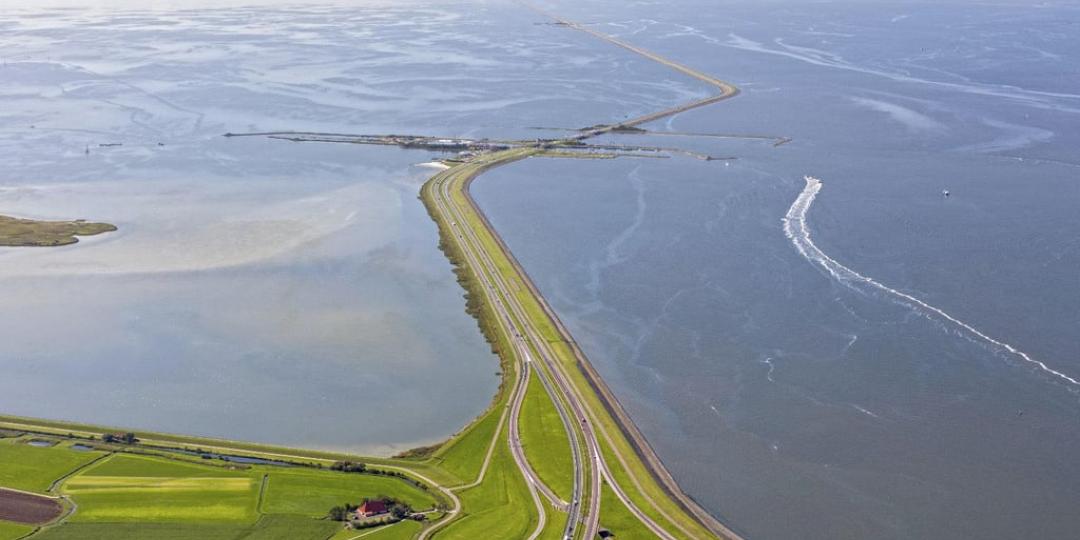A UK-based developer has announced plans to build a world-first container terminal powered by tidal energy.
According to a report in Maritime Executive, the 1.5 to 4 million-TEU terminal would be located at the entrance to The Wash, a large bay on England's central North Sea coast. The new terminal will be built in the middle of a flood-defence seawall, or tidal barrage, spanning the bay's 17.7km-wide entrance. It would include 15 tidal power turbines with an energy generation capacity to power at least 600 000 homes.
The project developer, Centre Port Holdings, has partnered with UK energy firm Centrica to study the feasibility of the tidal-power aspect of the plan. Centrica has invested to underwrite the cost of the study and will provide a guaranteed price for the energy generated by the project. A portion of the off-peak power generated by the turbines could be diverted for use in making green hydrogen.
Another positive spin-off of the project is that the tidal barrage would protect some one million people who live around the bay from the threat of flooding, which is forecast to become a growing problem due to climate change.
The container terminal will be connected to a nearby rail line, which has capacity to transport up to 40% of the expected container traffic. A road built on the tidal barrage would link the terminal and speed up the freeway connection between Lincolnshire and Norfolk. The developer hopes to have the project constructed and operational by 2028.
"Centre Port provides multiple business opportunities and a lower/zero carbon operation across the import/export chain, whilst also being 50% nearer the East and West Midlands it serves," said CEO James Sutcliffe, a ports industry veteran who led the DCT Gdansk project in Poland. "Our mission is to retain the Wash boundaries, its wildlife and ecology, and to minimise climate change impacts that could devastate these sensitive areas."
However, some environmental organisations are concerned that the project will create a barrier between the bay and the sea. An NGO coalition, including top UK wildlife charity RSPB and the Norfolk Wildlife Trust, described the barrage as a potential threat to the health of the estuary's ecosystem.













